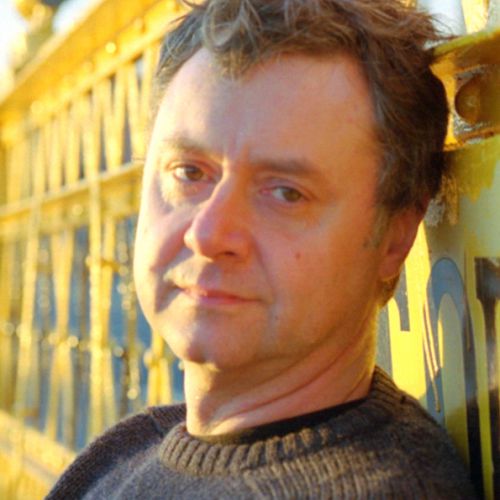
Paul Hoffman
Chicago magazine once called Paul Hoffman “the smartest man in the world,” but he claims the editors must have caught him on a particularly good day.
Graduated summa cum laude and Phi Beta Kappa from Harvard College, Hoffman’s work explores the relationship between genius, madness, obsession, and creativity. He has advised NASA, the National Science Foundation, the National Academy of Engineering and the American Association for the Advancement of Science. The recipient of the first National Magazine Award for feature writing, he is a member of the American Academy of Arts and Sciences, was president and publisher of Encyclopaedia Britannica and the long-time editor-in-chief of Discover, the science magazine. He is the Editorial Chairman of Bigthink.com.
He is the author of eleven books, including King’s Gambit: A Son, a Father, and the World’s Most Dangerous Game, and Wings of Madness: Alberto Santos-Dumont and the Invention of Flight, a finalist for The Los Angeles Times Book Prize also developed into a documentary for Nova. His biography, The Man Who Loved Only Numbers: The Story of Paul Erdös and the Search for Mathematical Truth, was an international bestseller which received the Rhone-Poulenc prize for best science book. He has also written for The New Yorker, The Atlantic Monthly, The New York Times, The Wall Street Journal, Scientific American, Seed, Smithsonian, Harvard Magazine, and Wired. Under the nom de plume ‘Dr. Crypton’ he has also published brain teasers and created elaborate puzzle contests.
Paul has appeared on CNN, NPR, BBC, Good Morning America, CBS This Morning and The Late Show with David Letterman. He was the science essayist for The MacNeil/Lehrer NewsHour and the host of the five-part public-television series Great Minds of Science. He was the color commentator for 17 hours of ESPN coverage of the man v. machine chess match between Garry Kasparov and the calculating monster Deep Fritz, and was a guest on Oprah for an entire show, discussing not his dysfunctional upbringing but the headier subject of the future of technology.



























